Comparison of Stone Coated Metal Tiles and Asphalt Tiles
Introduction
An asphalt shingle is a type of wall or roof shingle that uses asphalt for waterproofing. It is one of the most widely used roofing covers in North America because it has a relatively inexpensive up-front cost and is fairly simple to install.
Stone Coated Metal Roofing Tile is a durable and decorative roofing material made from galvanized steel coated with natural stone chips. It combines the strength and longevity of metal roofing with the aesthetic appeal of traditional tiles, offering superior weather resistance, lightweight design, and a long service life for residential and commercial buildings.
Comparison
| ||||
Stone Coated Metal Tiles | Asphalt Tiles | |||
1 | Materials and Durability | Advantage | The base material is galvalume steel plate, and the surface is covered with natural colored sand sintered at high temperature. It has strong weather resistance and corrosion resistance, and its service life can reach 30-50 years or even longer | With glass fiber mat as the base, coated with asphalt and covered with mineral particles, it is light in weight (about 10kg/m²) and suitable for a variety of roof structures |
Shortcoming | Higher initial cost, but low long-term maintenance | It is easy to age, soften and flow at high temperature, and crack at low temperature. The service life is generally 10-15 years (some high-quality products can reach 20-30 years) | ||
2 | Appearance and Decoration | Advantage | Rich colors (such as dream red, ocean blue, etc.), various tile shapes (arc shape, wave shape, etc.), can be adapted to different architectural styles, strong decorative effect | Provide single-layer, double-layer and other models, mainly in gray, black and green colors, suitable for simple style; flexible material can adapt to complex roofs such as curved and conical |
Shortcoming | The metal texture of the surface may not meet the requirements of some traditional buildings | The color and shape are relatively simple and easy to fade after long-term use | ||
3 | Waterproof and Disaster-Resistant Performance | Advantage | The unique buckle design enhances waterproofness and has strong earthquake and typhoon resistance. The colored sand layer on the surface can resist ultraviolet rays and is not easy to age | It has certain waterproof properties and needs to be used with waterproof membrane; its lightweight property reduces the load-bearing pressure of the structure |
Shortcoming | If not installed properly, water may seep through the joints | It is easy to fall off in extreme weather (such as typhoons and low temperatures), and the failure of the self-adhesive may cause the tiles to be blown off | ||
4 | Construction and Maintenance | Advantage | The construction is simple and can directly cover the old roof without demolition; it has low maintenance cost and strong durability | Flexible construction, dry operation, suitable for roofs with slopes of 5-90°; simple node processing |
Shortcoming | It has high requirements for the flatness of the base layer and requires a professional team to install it | A wooden or cement nail holding layer is required, the construction temperature is sensitive (low temperature affects the adhesive effect), and frequent maintenance is required in the later stage | ||
5 | Environmental Protection and Cost | Advantage | Recyclable and environmentally friendly; excellent long-term cost-effectiveness and reduces replacement frequency | Affordable, suitable for projects with limited budgets; lightweight properties reduce transportation and structural costs |
Shortcoming | The initial investment is 30%-50% higher than asphalt shingles | Asphalt materials are non-degradable and have poor environmental friendliness; frequent replacement increases long-term costs | ||
6 | Applicable scenario suggestions | It is suitable for high-end residences, scenic area buildings and typhoon-prone areas that pursue long-term durability and personalized appearance. | It is suitable for villas, pavilions and temporary buildings with limited budgets and complex construction conditions (such as large slopes). | |
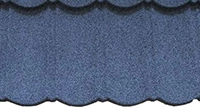
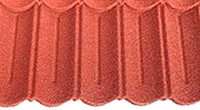

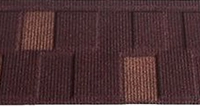
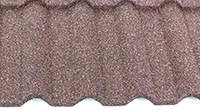
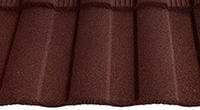
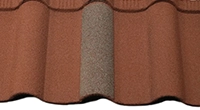
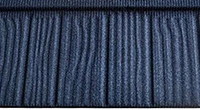

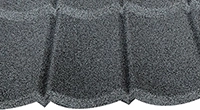
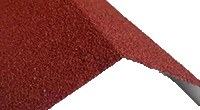
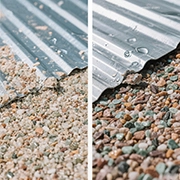
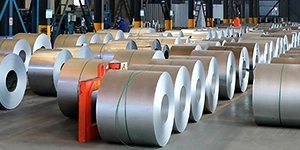

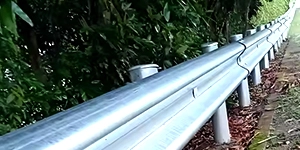


 Comparison of
Comparison of 


